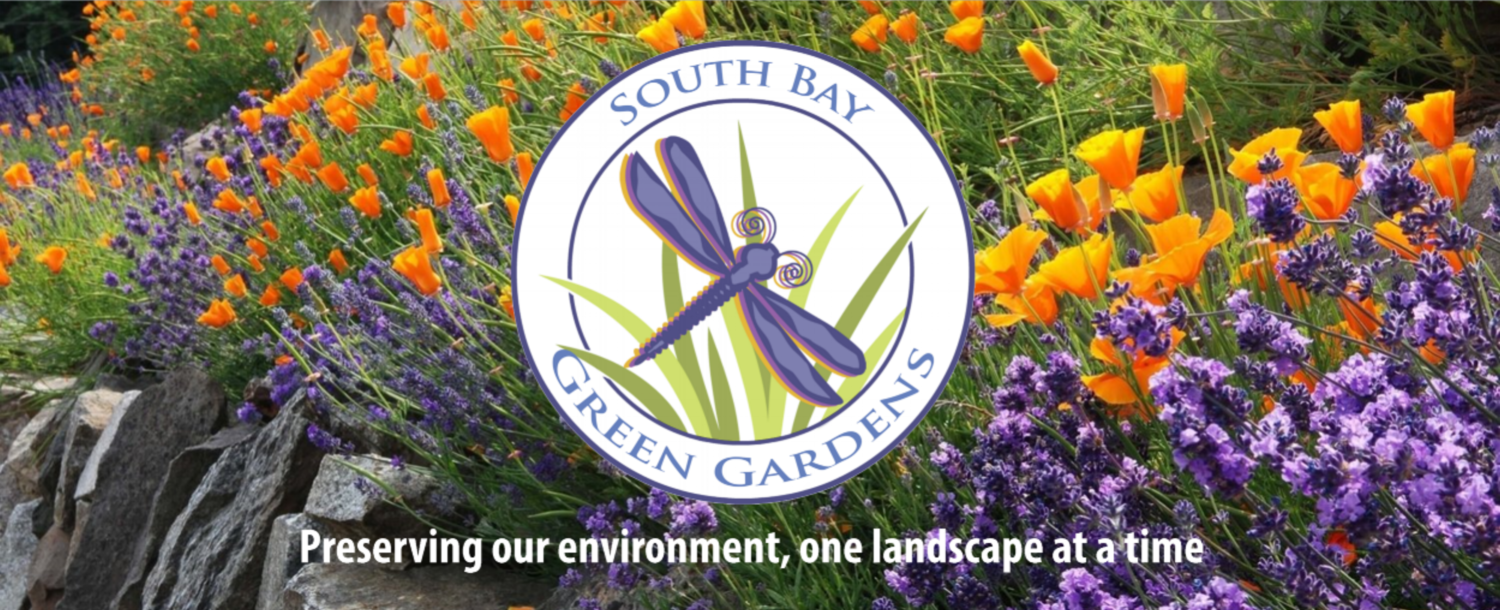Happy Arbor Day!!! We have lots of reasons to celebrate trees; they are beautiful additions to our communities, and provide countless benefits to the environment. Read below to find out how they benefit you!
- Regulate Temperature! Trees provide more shade in the summer, cutting down on your air-conditioning bill, and making shaded areas up to 8 degrees cooler than surrounding areas. Plus, they can insulate areas in the winter by blocking wind, to keep your house warmer naturally, cutting heating costs by 10-15%.
- Clean the air. This is especially important in large urban areas where the levels of carbon dioxide are higher. Not only do trees reduce smog, they absorb CO2 and produce oxygen. In fact, a single 25 year old tree will have absorbed 400 pounds of carbon dioxide in its life.
- Increase groundwater retention and flood protection. Tree roots soak up a considerable amount of water, which reduces flooding and erosion, and increases the amount of water stored in aquifers. Trees also filter water, which lessens the amount of pollution in our streams and creeks.
- Provide habitat for countless rare, endangered, and threatened critters. Urban sprawl has a serious effect on native animals and insects by replacing their habitat with impermeable surfaces like concrete and asphalt. By planting trees in cities and neighborhoods, we provide food and homes for birds, pollinators, and other tree-dwelling animals.
To find out more about trees, or to ask about getting a tree for your yard, please visit these wonderful organizations: Canopy.org Our City Forest
Lastly, why not celebrate Arbor Day and Earth Day with the City of Santa Clara? Their celebration is at their Central Park (909 Kiely Blvd.) on Thursday, April 25th, from 10 am to 2 pm.
You can also celebrate by helping the Town of Los Gatos plant trees on Friday, April 26th.
Join us this Arbor Week in saying “thanks, trees”!
- By Abigail Stokes, Water Wise Ourdoor Surveyor and Tree Enthusiast, Santa Clara Valley Water District












